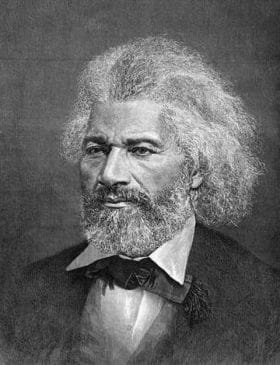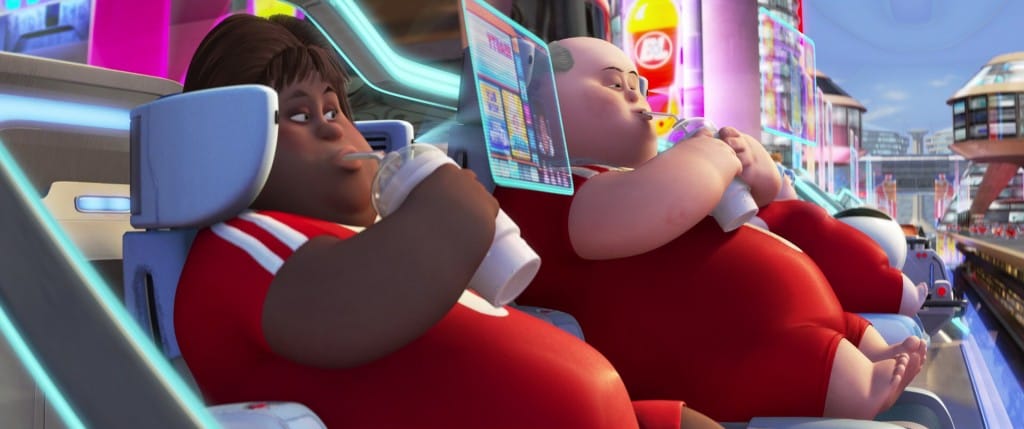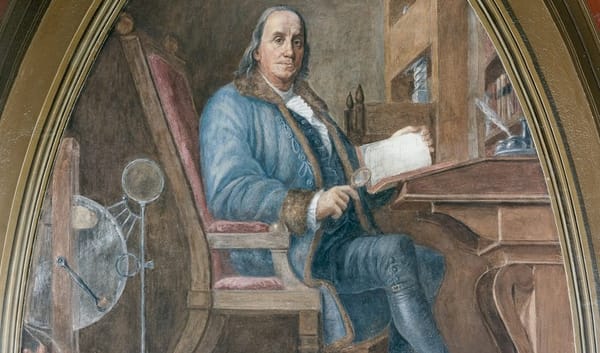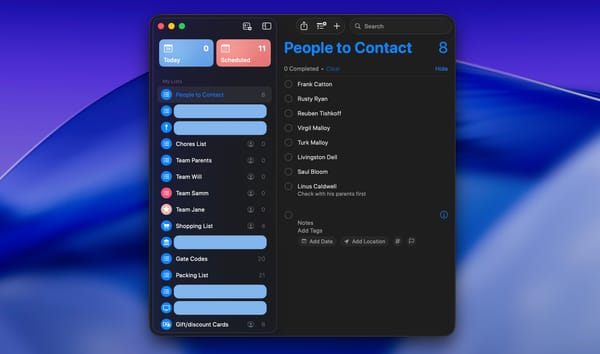Some Thoughts on Ignorance
I've been learning a lot about wisdom, knowledge, and ignorance. It's been fascinating to connect the three. Here is a small collection of thoughts on ignorance:
Ignorance can be bliss
I've always enjoyed creme brûlée. The crack of the crispy top. The chill of the base. It's all so good and I have no idea what's in it.

I've purposely avoided recipes. For all I know, "brûlée" could be French for broccoli and I'm getting a healthy serving of vegetable. I intend to remain ignorant on the matter and will enjoy this dish forever.
Related: I refuse to do the math on Uncrustables. If I compare with bread and PBJ then I risk budgeting them out of my life.
The Dunning-Kruger effect
Charles Darwin said that "ignorance more frequently begets confidence than does knowledge."
Put another way, the Dunning-Kruger effect suggests that "people with limited competence in a particular domain overestimate their abilities." I feel that this could explain many of the negative comments online. The more incompetent people are, the less they are aware of their incompetence. Many think they can correct people who are true experts in their field when they should not.
If we want to find a positive side though, it's here: I'm not sure many people would start businesses or families if they really, really knew what was ahead. Sometimes it's just helpful to get started and trust your future self.
Free from Prejudice

In 1867, Frederick Douglass gave a talk in which he advocated the acceptance of Chinese immigration. In it he paired ignorance and prejudice:
The more men really know of the essential nature of things, and on of the true relation of mankind, the freer they are from prejudices of every kind. The child is afraid of the giant form of his own shadow. This is natural, but he will part with his fears when he is older and wiser. So ignorance is full of prejudice, but it will disappear with enlightenment.
As I've written many, many times: we all have more in common than we have differences.
Ready to Learn
The desire and preparation to learn is often as important as the learning itself. We will learn when we are ready to act upon what we learn. As revealed in scripture:
“...they shall return again to their own place, to enjoy that which they are willing to receive, because they were not willing to enjoy that which they might have received.
“For what doth it profit a man if a gift is bestowed upon him, and he receive not the gift? Behold, he rejoices not in that which is given unto him, neither rejoices in him who is the giver of the gift.”
I often wonder what I may have missed to this point in life because I was "not willing to enjoy" it yet. The unknown cost of missed opportunity.
Taking the easy way
Bruce R McConkie, an accomplished scholar and scriptorian, once fairly lamented:
“People eternally ask me questions, and they ought to figure them out themselves. I mean, I don’t have any more obligation than they do to know what the answers to these things are and they have the same sources to look to that I do.”
Whether it's social media, mindless apps, or videos on a screen, it happens way too much. So many people take the easy route of consumption and avoid the rewarding path of creation.

Gell-Mann amnesia effect
If you read or hear something on which you're a true expert, it's so easy to see all the mistakes of the reporting.
But then you read something else about which you know little, and it's easy to believe it all as fact and without error in reporting.
This is the Gell-Mann amnesia effect. I think about it all the time.
(Don't worry. You can believe everything you read in this post because I am an ignorant expert.)
Feedback? Send me an email.



